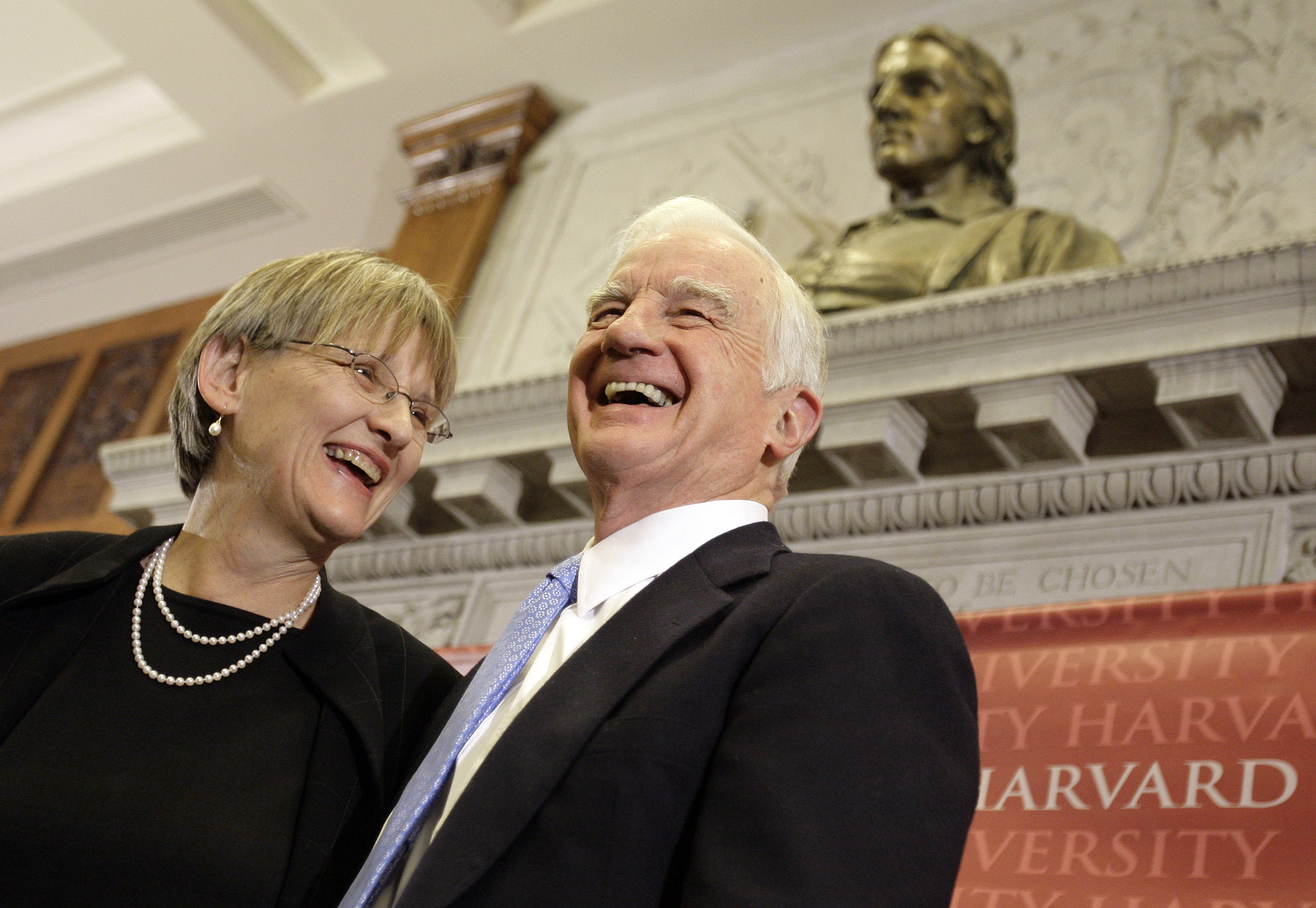new business models

No other city transforms like Boston this time of year, and the scenes are all around us: Returning college students driving U-Hauls, moving into dorms and re-connecting after a summer back home What’s different this September is the nationwide focus on higher education, from the cost, the debt to the payoff.
While students here in Boston set up their dorms, colleges and universities elsewhere are struggling at times behind the scenes and at others, in full view. Take, for instance, empty seats.
A well-educated workforce is directly linked to economic prosperity, according to a new report by the Economic Policy Institute.
The best way for states to foster a productive economy is to invest in education to create a stronger workforce, which in turn will increase the median wage, the report says.

By any measure, it was a remarkable discovery.
Researchers at the University of Massachusetts Medical School in Worcester announced they’d found a way to shut down the extra chromosome that causes the developmental problems found in people diagnosed with Down syndrome.
With federal and state budgets tight, university research funding has been increasingly hard to find in the U.S, and that doesn’t come without consequences. Higher education advocates are pointing to UMass Medical's striking scientific breakthrough as an example of why the government ought to keep investing in research.
While most students have the summer off, Don Shepherd is getting ready for the fall. At Mass Bay Community College in Wellesley, Shepherd takes the elevator down to the basement.
He digs through cardboard boxes, stocking up on tote bags and other swag for incoming students.
“We’re expecting about 73 that are actually scheduled but then you always have the walk-ins,” Shepherd said.

Gov. Deval Patrick says he’d welcome a plan in Massachusetts that would allow students to attend state colleges and universities without paying tuition or loans out of pocket.
Last week, the Oregon legislature gave initial approval to a bill last week that would allow students to repay the state with a percentage of their future earnings.

The cost of college is a divisive issue in Congress. A political logjam forced interest rates on federal student loans to double on July 1 and new attempts for compromise failed yesterday.
But there are innovations in addressing student debt. The Oregon legislature gave preliminary approval to a bill that would allow students to attend state colleges without paying tuition or loans. Instead, they’d repay the state with a percentage of their future earnings.
This idea had roots in Boston.
It’s been a contentious year at colleges nationwide, with students mounting campaigns on more than 300 campuses.
At issue: Should colleges and universities keep investing their endowments in fossil fuel companies?
Out of the 300 campuses with divestment campaigns, only five schools have actually committed to divesting their endowments from fossil fuels, and they are all in New England.
The City of Boston is adopting a new school assignment policy that the school committee voted on late Wednesday night that aims to offer more students the option to attend schools closer to home.
Under the new policy, families have a list of schools that are categorized by various factors such as MCAS scores, distance and classroom size. Boston School Committee spokesman Lee McGuire said the new plan will reduce the distance students will have to travel to school by 40 percent, and will increase the chances of a family getting the school they requested.











